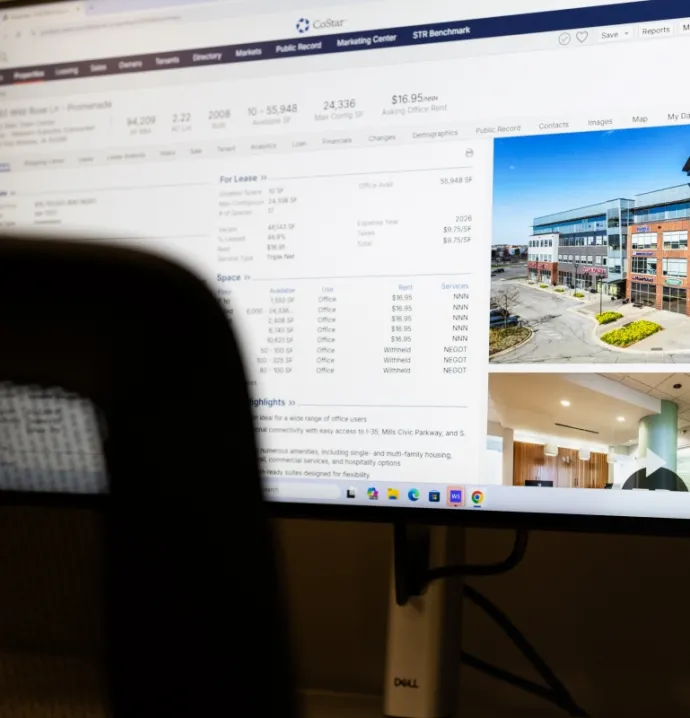Guaranteed Income and the Future of Work
Guaranteed Income and the Future of Work

The pandemic-induced disruption in the labor market may be a precursor. If robotics can truly displace significant numbers of workers, will Americans have to resort to long-term unemployment payments that resemble the minimum guaranteed income touted by many so-called Progressives? I’ll be upfront; I am not a fan of guaranteed incomes, because I think it demoralizes the recipients and because such payments require coercion of taxpayers and not just extremely wealthy taxpayers. On the other hand, though I share with most economists a mediocre record of predictions (just look at my 403(b)), I suspect that within a few decades, America will be seriously considering some form of guaranteed income.
Most people probably envision robots displacing unskilled and semi-skilled workers for many physically taxing jobs often repetitive duties. In many ways, such displacement will be beneficial. Robots performing dangerous, back-straining work would be a social benefit. Robots might prove more adept at helping older Americans in nursing home, who need to be lifted off of beds and other arduous tasks. Of course, for the laid off workers, there will be immediate and possibly permanent alienation from work.
One novelty regarding robots, however, is the machine’s potential ability to replace skilled workers such as attorneys and accountants. Robots can draw up simple wills, calculate taxes, and other routine endeavors. An army of unemployed white-collar workers may prove politically more effective at getting income relief than displaced unskilled or low-skilled workers.
Some futurists and economists, however, believe that, similar to previous labor-saving devices, robots will free up labor for more productive endeavors. After a temporary derangement of the labor market—with discomfort for many—the net result may be more and better jobs. The hundreds of thousands of Iowans, who in 1900 labored on farms until mechanized farm machinery displaced most farm works, eventually learned new job skills in towns and cities. In most cases, their standard of living rose.
If voters decide that income relief of some form is necessary, if not desirable, a second question arises. Will this be considered a “right?” Or will taxpayers (a subset of voters) require some form of duties from the recipients? Studies suggest that long-term unemployment is associated with an array of undesirable individual and social outcome. Many, perhaps most, people fare poorly without a job. Their sense of doing something useful often helped their mental health.
Studies of long-term unemployment also associate such experiences with significant reductions in lifetime earnings. Long-term unemployment depreciates workers’ job skills. Permanent wage gaps demonstrate the deleterious effects from interruptions to one’s work history. The moral appears to be that getting people back to work quickly is important. Whether the additional unemployment benefits encouraged workers to remain unemployed remains a controversial topic. With fifty states pursuing a myriad of policies regarding unemployment, economists will have plenty of data to parse the relationship between extraordinary unemployment benefits and labor force participation.
Almost a century ago, British economist John Maynard Keynes predicted that within a lifetime, increasing productivity would either reduce the workweek to a day or two per week or eliminate the need for most people to work. His prediction has not come to pass, partly because workers were willing to continue working more hours than necessary in order to purchase streams of attractive new goods and services. Material aspects of the standard of living has risen considerably since Keynes wrote in the 1930s, while average workers continued to put in approximately the same number of hours.
David Surdam
Professor of Economics
University of Northern Iowa
The views and opinions expressed are those of the author and do not imply endorsement by the University of Northern Iowa.




